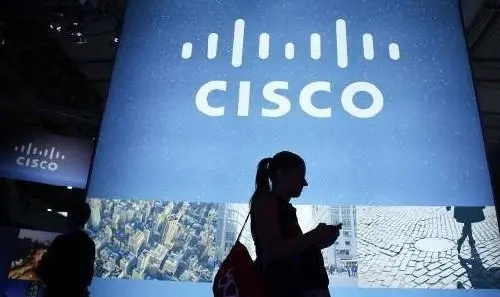Title: The jinx game without flashChallenges and Opportunities of Game Localization in the Global Market
As the gaming industry continues to expand globally, game localization has become a crucial aspect for developers to reach a wider audience. However, this process is not without its challenges. This article explores the potential issues and opportunities in game localization, highlighting the importance of adapting games to different cultures and languages.
ning the original games essence while catering to diverse cultural ferences. Developers must be cautious not to alter the games core gameplay or story, as this can lead to a loss of interest among players. For example, when localizing a game set in a historical context, it is essential to ensure that the historical elements are accurately resented and resonate with the target audience.
Another challenge lies in the translation process. While machine translation has become more advanced, it still struggles with understanding the nuances of language and cultural context. This often leads to awkward or inaccurate translations that can detract from the players experience. Human translators with a deep understanding of both the source and target languages are crucial to ensure the games message is effectively conveyed.

n colors like black and white may be associated with mourning in other cultures.
n more popularity and revenue. Localization can also help developers tap into new markets, as players in different regions may have varying ferences and interests. Moreover, successful localization can enhance the reputation of a game and its developer, making them more attractive to potential investors and partners.
lor the games content and design to suit the local culture.
Second, developers should invest in skilled localization teams, including professional translators, cultural consultants, and graphic designers. These experts can ensure that the game is effectively adapted to the target market, minimizing the risk of cultural misunderstandings or inaccuracies.
Furthermore, developers can leverage technology to streamline the localization process. For example, using machine translation tools can help identify potential issues in the initial translation, while cultural consultants can provide valuable insights on how to address these issues.
ming to expand their reach in the global market. By understanding the challenges and opportunities associated with localization, developers can create games that resonate with players from diverse cultural backgrounds. With careful planning and skilled execution, game localization can be a powerful tool for success in the global gaming industry.


 相关文章
相关文章




 精彩导读
精彩导读




 热门资讯
热门资讯 关注我们
关注我们
